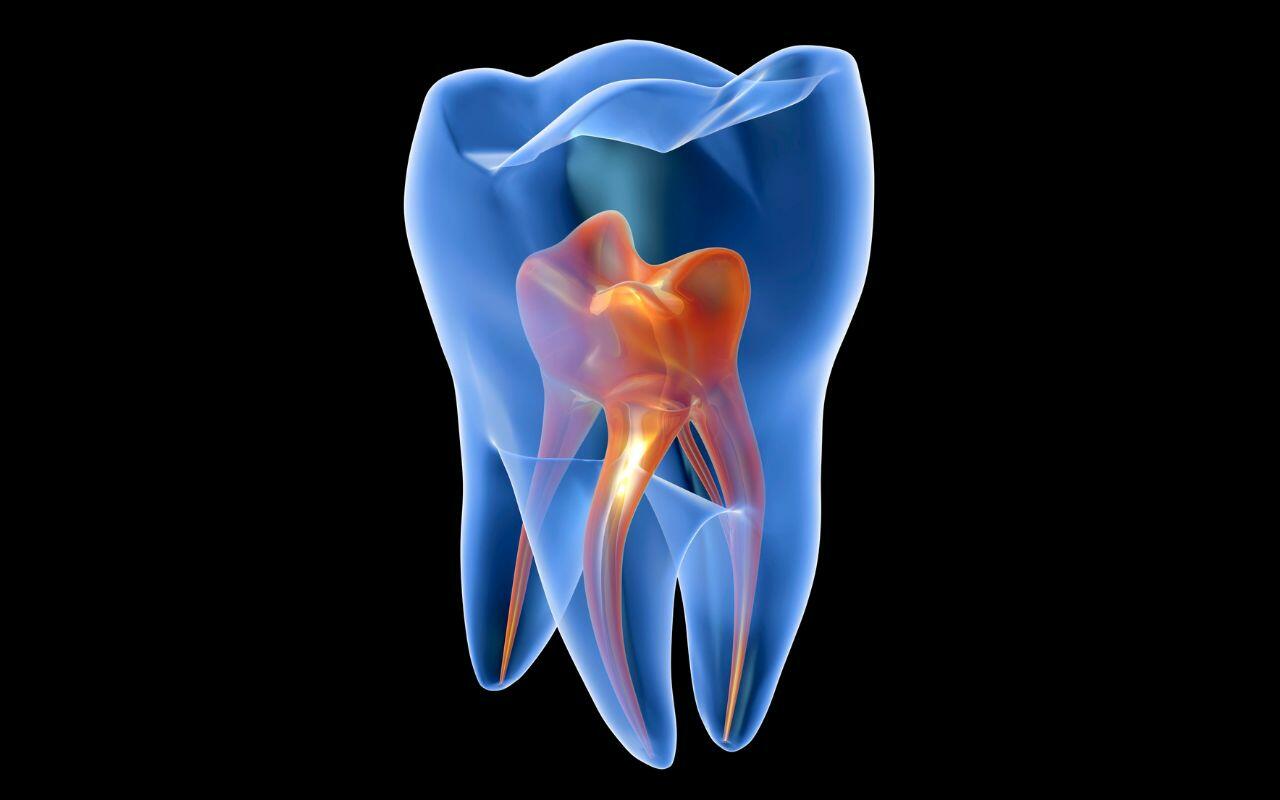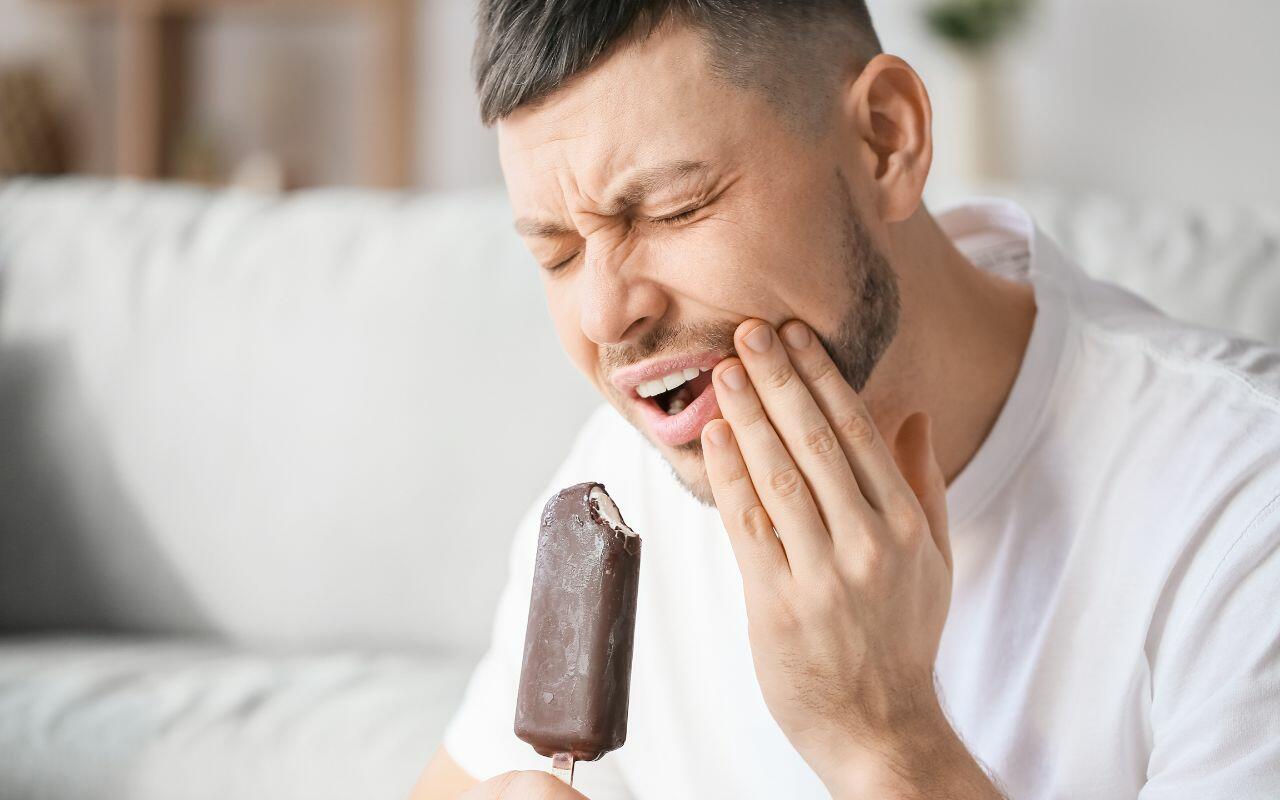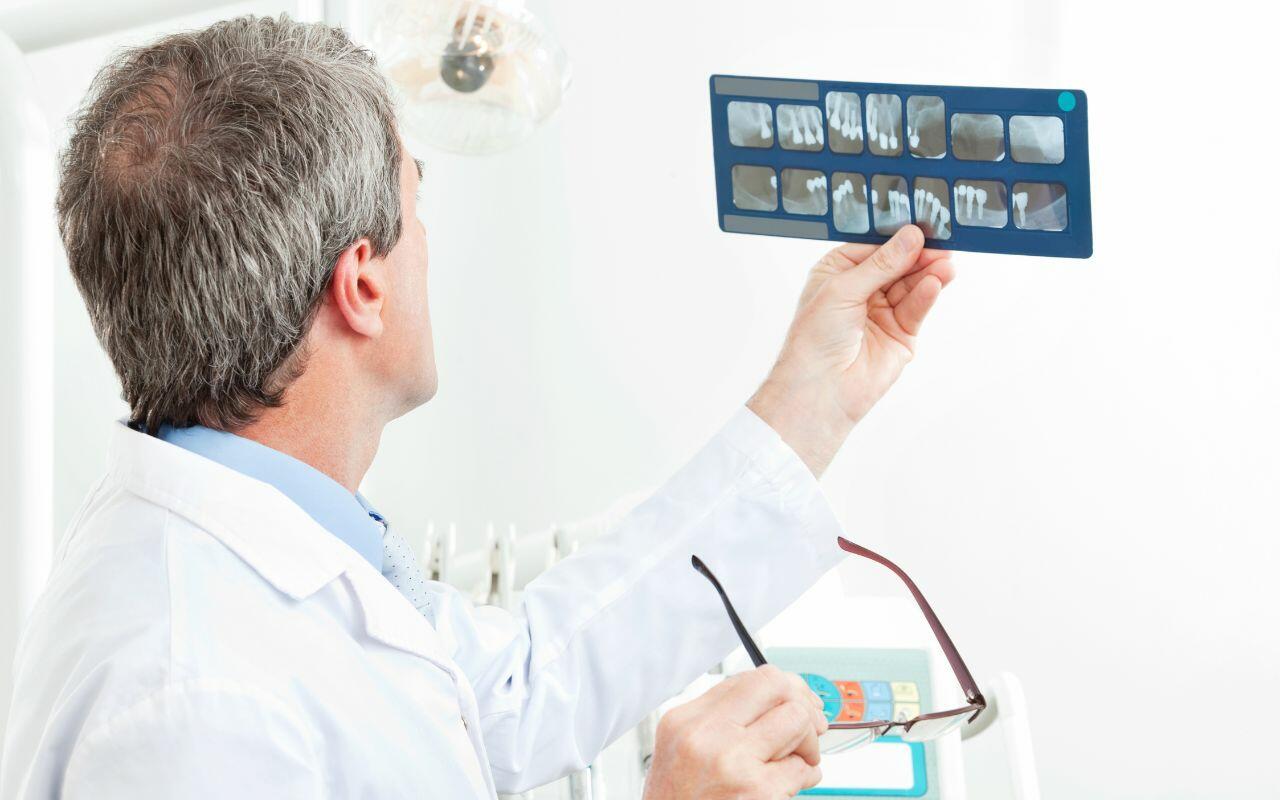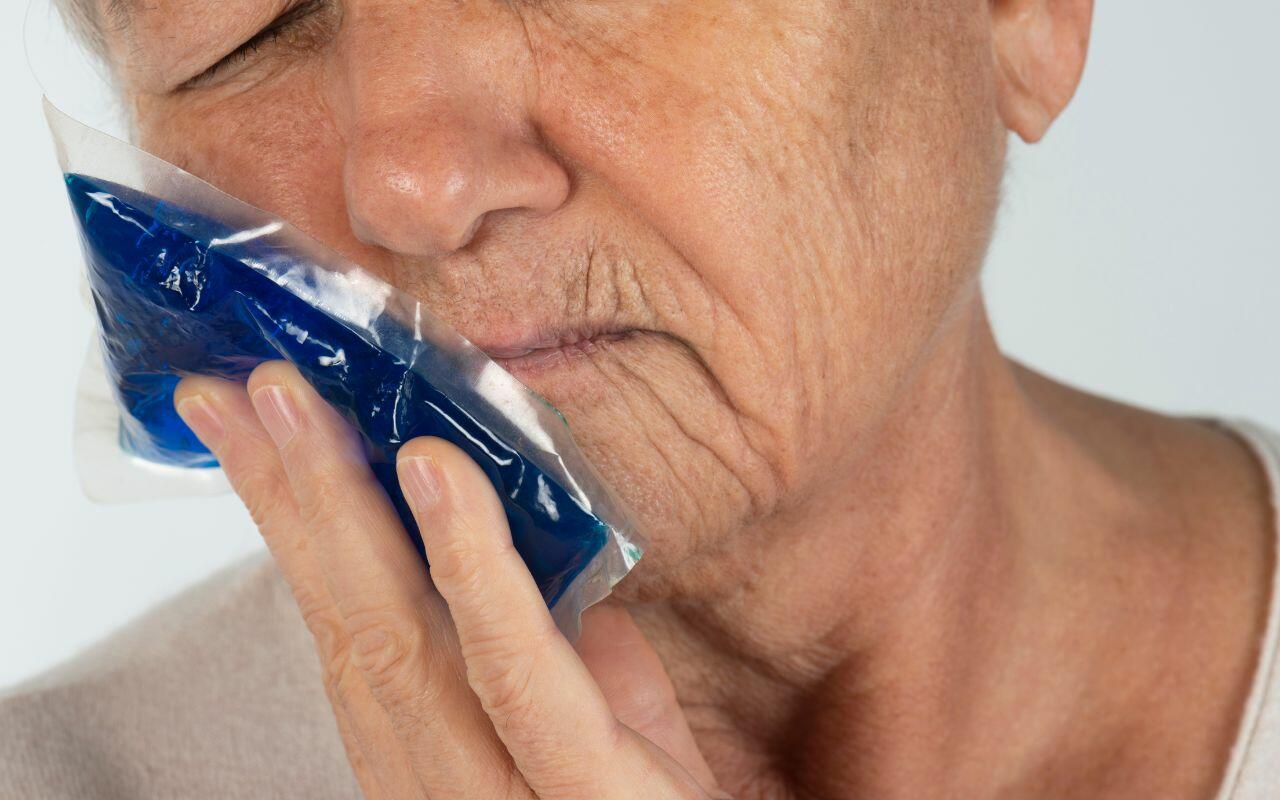There are many issues that can lead to painful toothaches. In fact, not all tooth pain is dental-related. Since it’s Toothache Day on February 9th, here we look at toothaches and explain what you need to know about the types of toothaches, possible causes, and when you should see your dentist.
The Causes Of Actual Toothaches

What causes a toothache? We refer to it as an “actual” toothache here because although you might have pain in and around your tooth, it might not be the actual tooth that is aching. What? Yes, actual toothaches occur when the soft center of your tooth or “pulp” is inflamed. The pulp is super sensitive because it contains nerve endings and, when inflamed, becomes quite painful. Toothaches can be caused by a few different issues, including:
- Cavities/tooth decay
- Tooth trauma
- Tooth infection
However, if the pain in the tooth area is not caused by one of the above issues, it is actually called “referred pain.” Referred tooth pain is caused by something not related to your tooth structure itself.
What Are The Causes Of Referred Tooth Pain?

There are several other health issues that can cause referred tooth pain, including:
- Nasal issues: Upper tooth pain can be caused by nasal issues such as colds, flu, and sinusitis. Because you have tooth roots near your sinuses, if your sinuses are inflamed, it can cause upper tooth pain.
- Ear infection: Toothache and ear pain at the same time could be caused by swelling in the ear due to an infection. However, it can also be related to swelling due to TMJ, a disorder of the jaw.
- New fillings: New dental work, such as a filling, can sometimes cause pain in other teeth for a few days or even weeks.
- Some headaches: “Neurovascular” headaches, which include cluster and migraine headaches, can cause referred tooth pain or “neurovascular toothaches”.
- Visceral toothache: A more serious and uncommon referred tooth pain is caused by the vagus nerve. This large nerve passes through your lower jaw. Pain caused by the vagus nerve could indicate heart or lung issues.
- Clenching and grinding: If you clench your jaw or grind your teeth at night, the pressure can cause tooth discomfort, even if the teeth are not damaged.
Regardless of the cause, you should always speak to your dentist when you experience toothache and pain.
Tooth Sensitivity vs. Toothache

Tooth sensitivity occurs when the enamel of your tooth along the gum wears away. This exposes the nerves and tends to cause “sensitivity” suddenly and briefly when drinking hot or cold beverages. Teeth also become more sensitive if you have gum disease, causing your gums to recede and form deep pockets, exposing the nerve endings. Your dentist can manage tooth sensitivity to keep you more comfortable. They will also determine if the exposed areas require restoration treatment.
When To Call The Dentist For A Toothache

If your toothache persists for more than a day, you should call your dentist. You want to rule out anything serious and receive treatment right away if the integrity of your tooth is compromised. That said, we strongly suggest you call your dentist when:
- Pain is severe and not relieved by over-the-counter pain medication
- You have recently had a dental treatment or tooth extraction
- You have noticeable gum swelling, bleeding, or pus
- Your face is swelling
- You have severe pain with a fever
- You have a sore on your gums
- Your pain is a result of a recent head or face injury, such as a hit to the face, car accident, etc.
- Your tooth appears out of place
- You also experience pain when you move your jaw or open and close your mouth
- You can see the tooth is damaged, such as a chip, crack, or missing filling
- Your pain is at the very back of your mouth at the site of your Wisdom teeth
- An unexplained facial rash appears along with a toothache
- You’re experiencing jaw and tooth pain
- Tooth pain is also causing a general feeling of being unwell
Although some toothaches are harmless, there are several situations where treatment is required. That’s why it’s so important to speak to your dentist as soon as possible.
How Is A Toothache Diagnosed?

Your dentist isn’t diagnosing the toothache, as toothache is simply a symptom. Instead, their goal is to determine the cause. They will discuss your pain and then perform an oral exam by looking in your mouth. It is not uncommon for dentists to also take x-rays to confirm their suspicions or in case there is no obvious trauma to the tooth. When the cause isn’t obvious, they will discuss other symptoms you might be experiencing to determine if the pain is referred or related to something like teeth grinding.
Emergency Toothache Relief

If you are experiencing tooth pain, there are a few ways to help relieve toothache until you see the dentist for your emergency appointment:
- Temporary fillings: If you know you’ve lost a filling, you can usually find a temporary filling kit at the pharmacist. This will cover the area to reduce sensitivity until you can see your dentist.
- Pain medication: Your pharmacist can recommend a safe, effective over-the-counter pain medication.
- Toothache drops: Ask your pharmacist to recommend a product containing benzocaine to numb the area.
- Clove oil: Clove oil contains eugenol, which helps numb the area.
- Salt rinses: Rinsing your mouth with a solution of one cup of warm water with 1 teaspoon of salt can help remove bacteria. The salt acts as an antiseptic which can sometimes help alleviate pain. Swirl the solution in the area of the tooth and then spit out the water.
- Ice packs: Holding an ice pack at the site of the pain in intervals of 15 minutes on and 15 minutes off can help numb the pain.
What NOT To Do For Toothaches

Avoid doing the following if you have a toothache, as these actions will only make things worse:
- Don’t smoke
- Don’t chew tobacco
- Don’t brush or floss aggressively in the area
- Don’t chew on that side of your mouth, especially hot, cold, hard or sticky foods
- Don’t drink hot or cold drinks and foods
How To Prevent Toothaches

You can prevent toothache symptoms with these simple steps:
- Brush twice a day
- Floss every day
- Visit your dentist twice a year
- Report noticeable changes to your bite, appearance of your teeth, or the overall feel of your teeth to your dentist as soon as possible
- Wear a sports mouthguard if you lead an active lifestyle
By speaking to your dentist as soon as you notice when anything feels “off” with your bite, teeth or gums, you can reduce the risk of serious dental issues.
If you have a toothache, call us right away at 905-775-5307, or click here to request an appointment.
